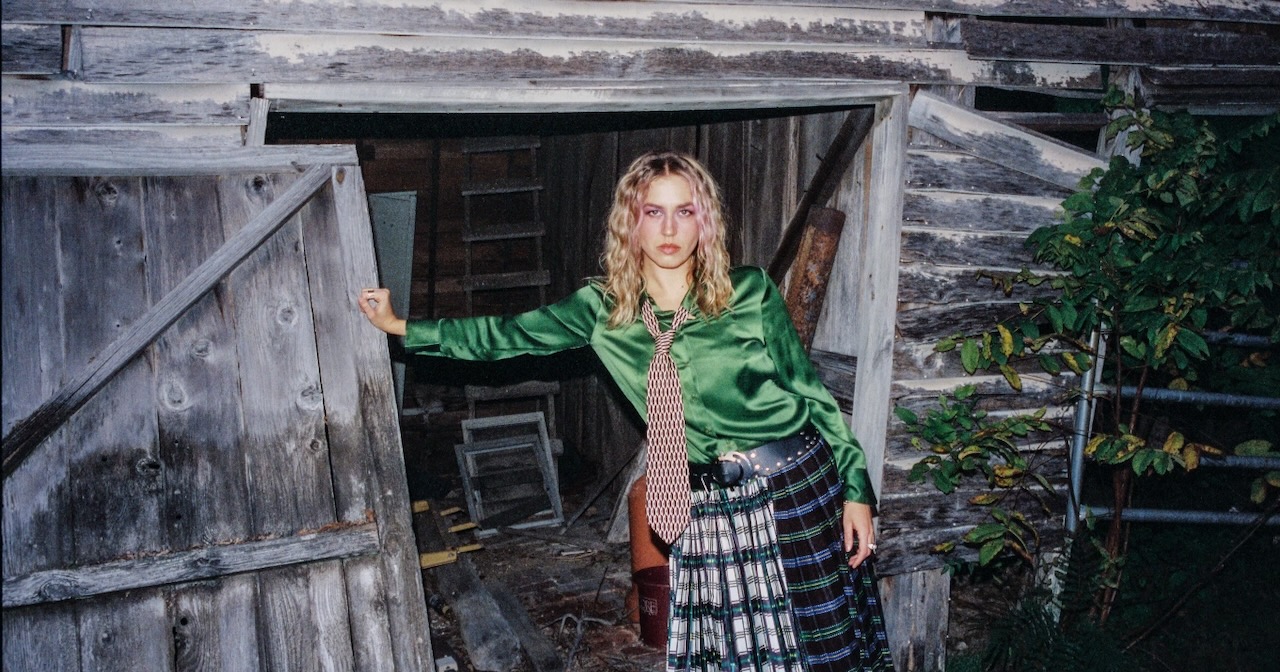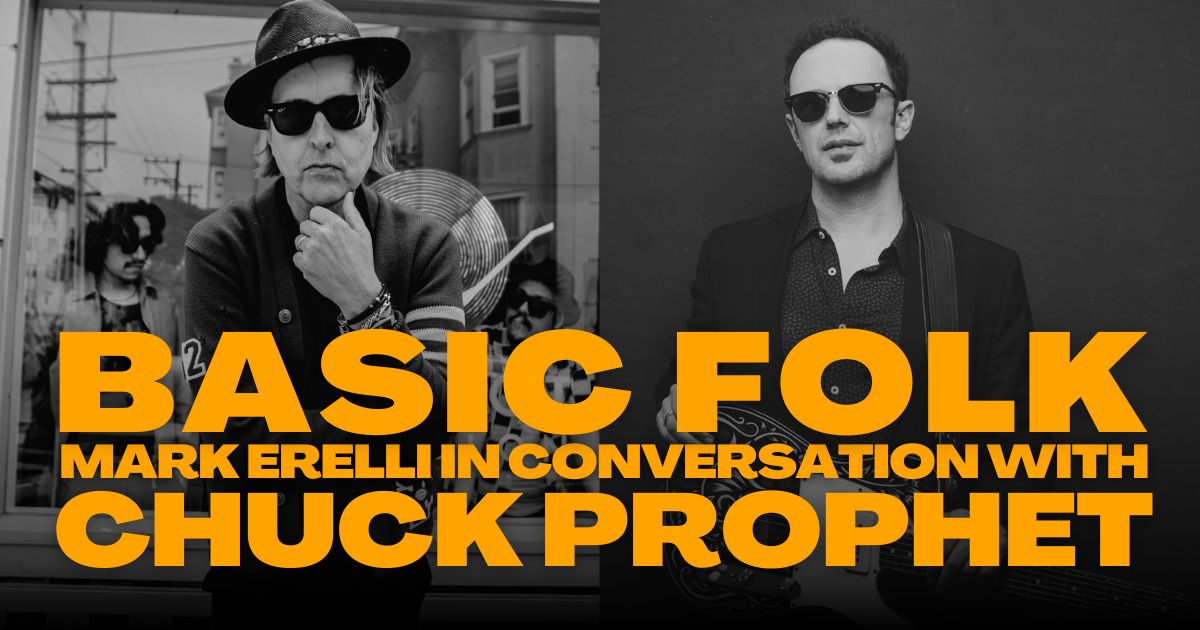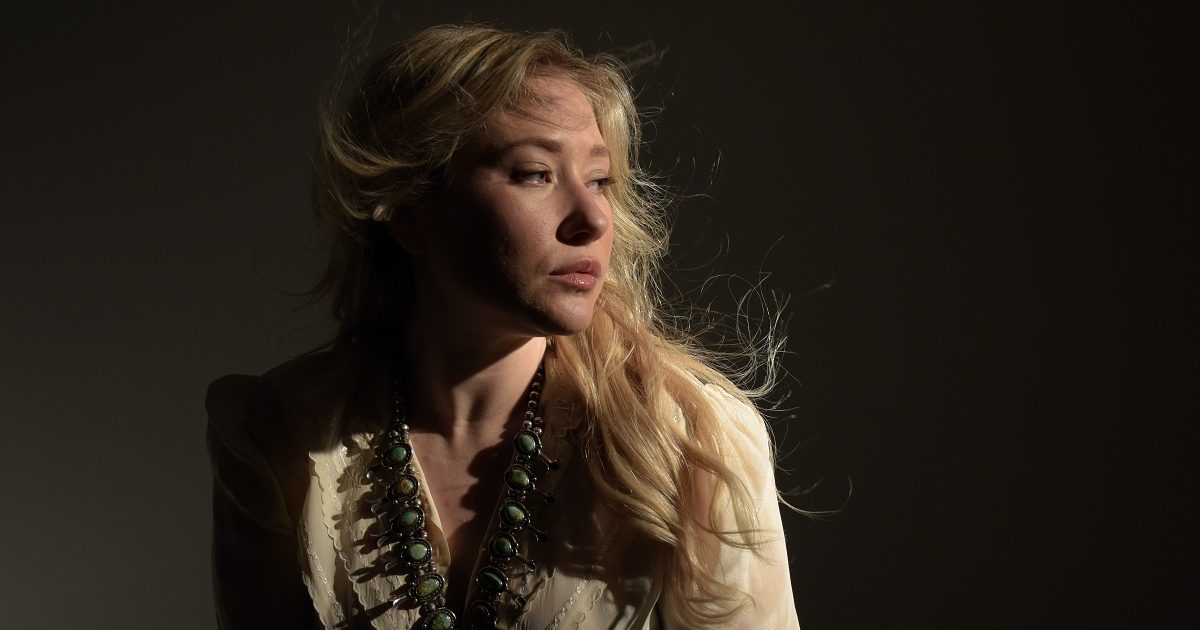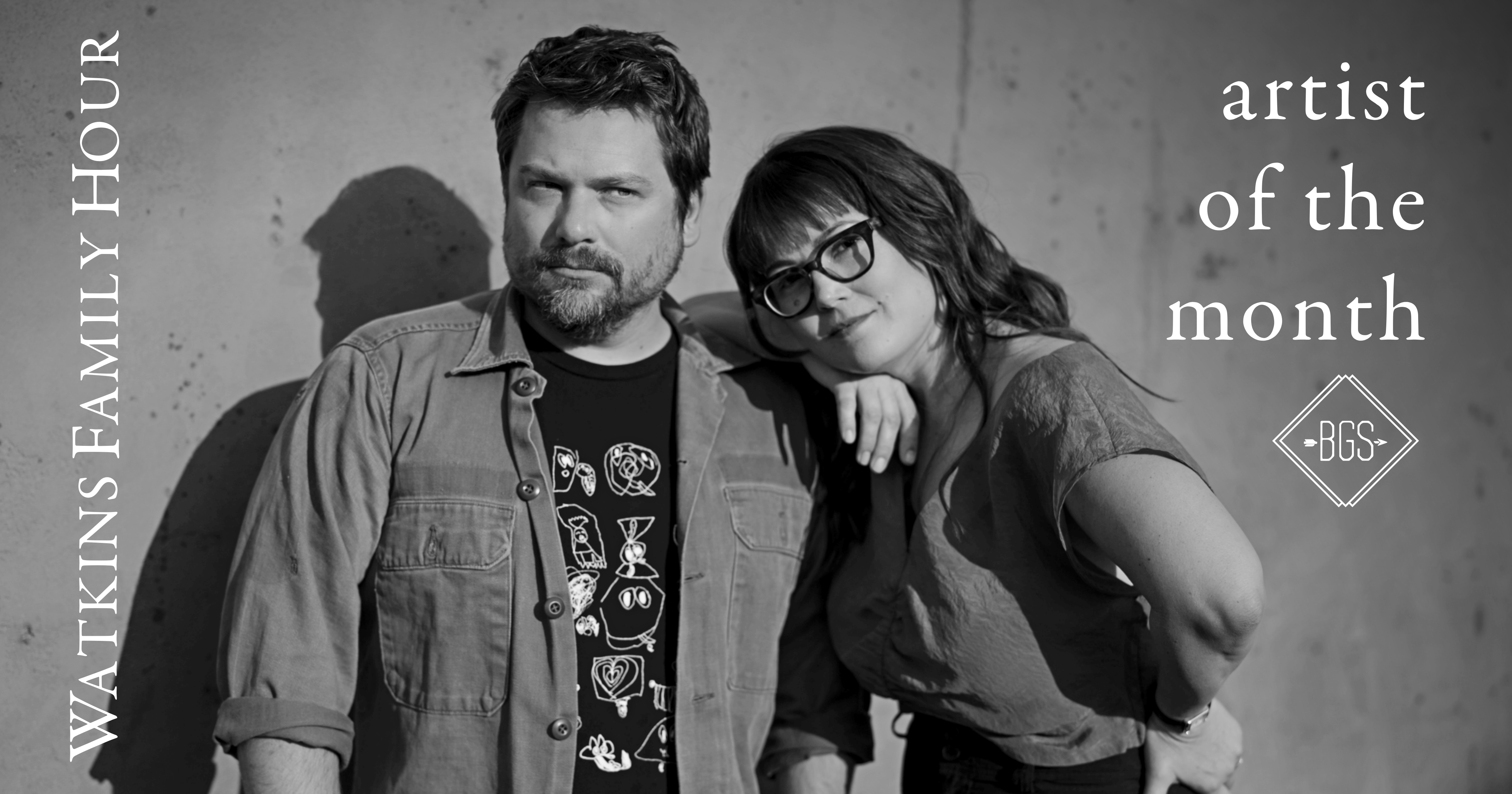Welcome to my Mixtape of loss and love! I hope you don’t need it right now, but if you do, it’s here to bring you a little comfort. When I was making it, I started out trying to make the most devastating playlist I could make, but then halfway through I decided to make something I’d actually enjoy listening to. Something that mimics the way we process loss and love– yes, there’s a lot of time spent in really dark places, but there’s also so much humor in the face of everything and a lot of reluctant joy, showing its light despite our best efforts to draw the curtains and hide.
That dialogue between loss and joy is at the heart of my EP, Bloodlust, which just came out on October 24. I wrote this project coming out of a period of life that was marred by grief, death, and illness, so naturally I had a lot of heavy stuff on my mind, but I felt this overwhelming need to write some of the most upbeat and energetic songs I’ve ever written.
Sometimes it helps to grieve and sulk and sometimes you want to just roll down the windows and feel your pain casually, communally, and maybe even with the last laugh. I think there’s room on this Mixtape to do both. – Melanie MacLaren
“Wayside/Back in Time” – Gillian Welch
We like to think of a loss as these finite events, but sometimes it’s a long, steady process, the passing of time and dissolution of relationships, a slow decline of health. Loss can sometimes simply be the progression of time, and Gillian Welch’s writing is so timeless, too, that it strengthens that feeling – she could be singing from any time about any time, as long as it’s gone.
“Change” – Big Thief
Thinking of loss as simply “change” is really difficult, but at its core that’s what it is.
“Flirted With You All My Life” – Vic Chesnutt
This song is wild. I remember the first time someone played this for me on a road trip, I was smiling thinking, “Oh man, he really likes me,” and then that guitar comes in and the lyrics change tone completely and you realize the whole song is about death. It’s a funny phenomenon. You can feel the sky darkening at that moment. But then you listen to the song again with all that in mind and you still feel happy in the first half of the song. I think that’s part of the beauty of it too– knowing the ending and still being receptive to joy.
“beachball” – Dan Reeder
This is a 90-second song about a beachball that makes me bawl my eyes out. I love Dan Reeder.
“Buffalo” – Hurray for the Riff Raff
I have a soft spot for songs that talk about animals (I guess that’s why I wrote a song about Laika for my EP). I think we can talk about them in a way that we’re afraid to talk about ourselves. Their fear is our fear, but it’s hard for us to think of it that way. Asking if the love we share with each other as humans will last forever or if it will go extinct the way that some animals have, at our hands, feels really bold.
“Bloodlust” – Melanie MacLaren
This is the title track off my new EP. This whole project is me trying to make peace with the constant cycles of loss and love we all inevitably experience in our lives. They’re natural like the seasons, but they still feel so overwhelming and unnatural. It was also my attempt to experience moments of joy while not shutting out my grief and anger.
“Random Rules” – Silver Jews
Love and loss are so incredibly random that it would be funny if it didn’t matter so much to us. I always laugh a little at the first line and feel really nonchalant in a dumb way. It sounds like wearing sunglasses inside to me. But then, by the second verse, I’m fully feeling my feelings and replaying every little thing that’s gone wrong between me and every person I’ve ever cared about.
“New Partner” – Palace Music
I like to listen to this song when I’m driving alone and see who I picture in the passenger seat beside me. It changes a lot. That’s probably a good thing.
“I’ve Got a Darkness” – Mick Flannery
Mick Flannery writes the best songs. This song is such a devastating portrait of generational pain and an ode to the fact that we can feel the effects of loss and love that we’ve never experienced in our own lifetime. We carry so much with us that we’re not even aware of.
“Lake Charles” – Lucinda Williams
I love how the verses are just memories, snapshots of life, and all questions and talk of death is reserved for the chorus. It’s such a beautiful homage that way, letting someone still be alive in the song and just describing things as they were, but then still asking those bigger questions because you can’t help but ask when you’ve lost someone you love. You just hope they’re ok.
“The Arrangements” – Willi Carlisle
I love the line, “It’s still sad when bad love dies.” Amazing album with lots of songs about animals.
“Whatever Happened to Us” – Loudon Wainwright III
I love how blunt this song is and how it relies on humor in the face of loss. I heard it for the first time this summer, after I had recorded my song “Get It Back.” I immediately resonated with its matter-of-fact nature. I also love the wordplay in it; I think having fun with language is a way we as humans maintain a little bit of control of the narrative of things we don’t really have much actual agency over.
“Donut Seam” – Adrianne Lenker
There’s so much off this album that could be on this playlist. I almost went with “Sadness as a Gift,” but I really loved the way this song intertwines a dying love with the feeling that the world is dying. Even if that isn’t literal, it often feels literal. The harmony on “what it means to walk that line” makes me feel human.
“Days of the Years” – The Felice Brothers
I love how loss is naturally integrated with the mundane and the beautiful: “These are the days, of the years, of my life.” What else is there?
“Don’t Let Us Get Sick” Solo Acoustic – Warren Zevon
The simplicity of this song is so overwhelming, especially from a writer who can obviously complicate things lyrically and musically when he wants to. He just stays in this sort of The Muppet Christmas Carol arena (compliment!) and it’s so effective, because what he’s asking for is so simple. It sounds like a child’s prayer.
Photo Credit: Blaire Beamer



